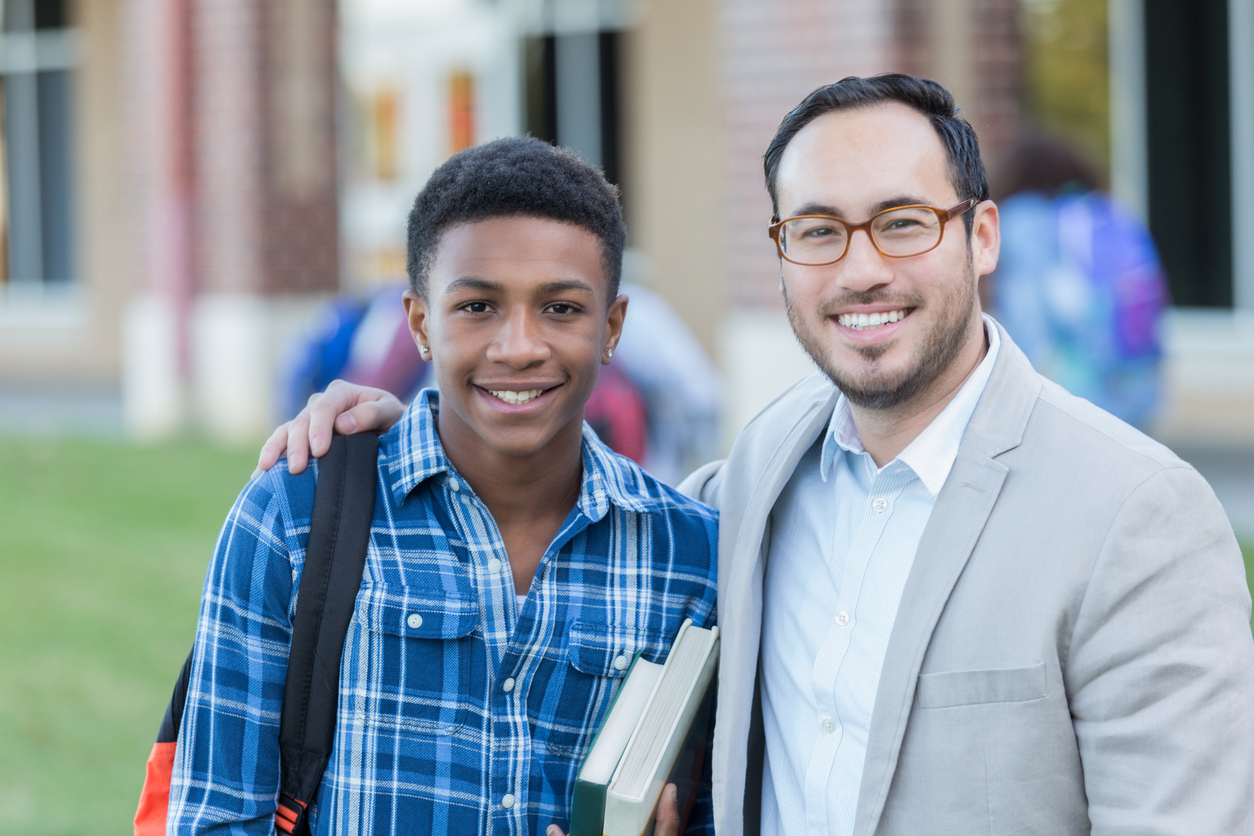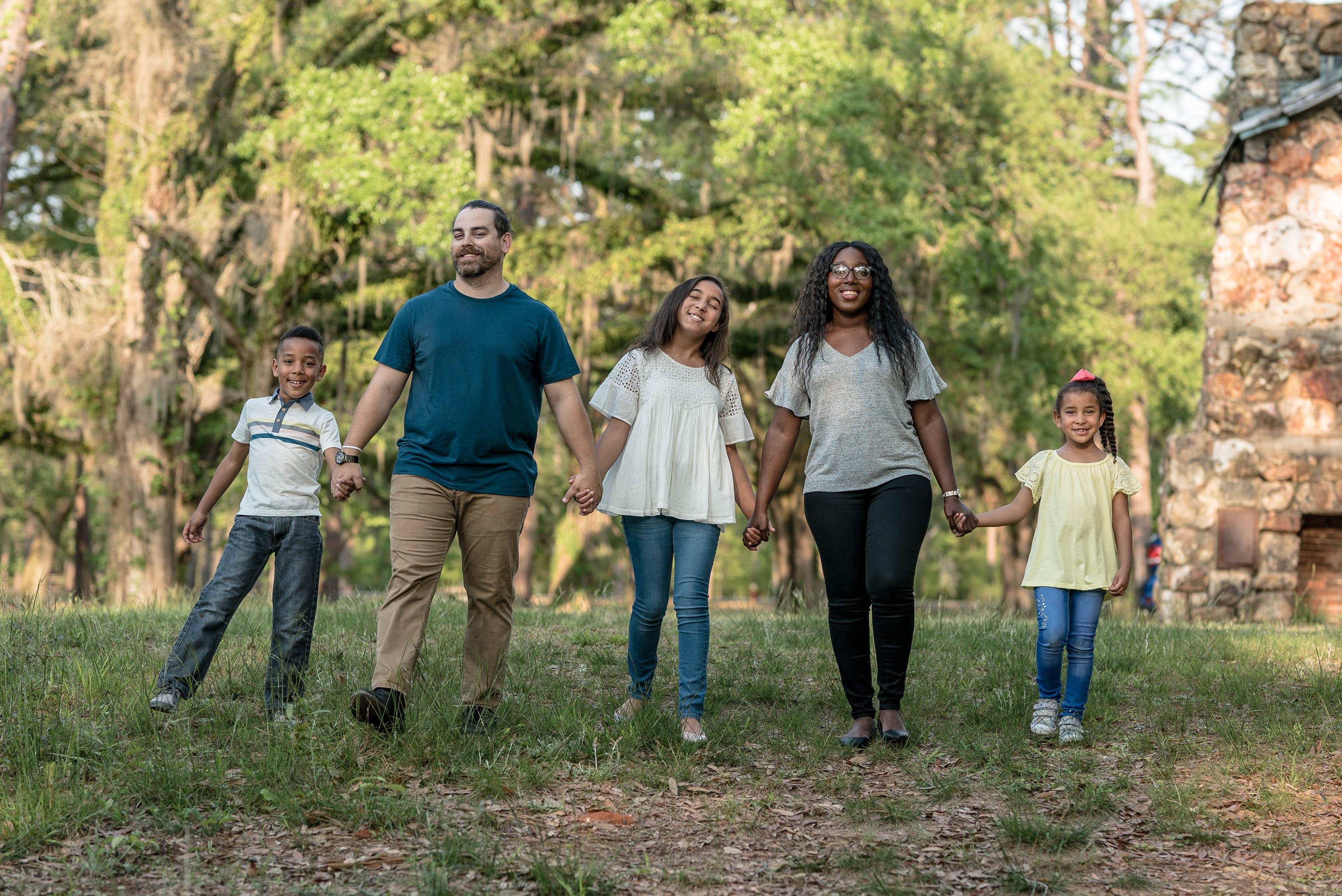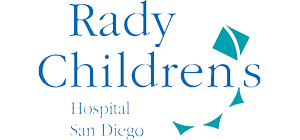 myCSUSM
myCSUSMParents and Teachers


You may have come to this webpage because your child is struggling with the stress of being a family caregiver or someone he/she loves has died. Or, you may be a teacher or counselor who is trying to support caregiving or bereaved youth at your school. In either case, this website can provide you with the resources you need to help your child/adolescent cope with their situation in healthy ways, leading to the highest quality of life possible.
Starting The Conversation

Sometimes, starting the conversation is the hardest part. Below is a great resource that will give you some statistics about young caregivers and some techniques to start the conversation about how you can help them cope with caregiving.
The Do's and Don'ts for Talking with Adolescents
| Do | Don't | Why |
|---|---|---|
| Provide adolescents with opportunities to share their feelings privately | Force students to share their feelings with others, includinging their peers if they do not feel comfortable. | It might take time, so be patient with them. Not everyone is willing to talk about their feelings, especially infront of an audience. Be understanding and sensitive to their feelings. |
| Acknowledge the loss, emphasizing that you are willing to provide the kind of the support the adolescent wants. Let them know that it is OK if they dont' want to talk about it, and you'll respect that. You will take their lead. | Walk away or avoid the adolescent because you're uncomfortable or don't know what to say. | Adolescents don't care what you know as long as they know you care. |
| Be flexible, caring, and open for communication. Offer individual emotional support, even nonverbal. Check in periodically with, "Is there anything you need or want from me?" and respect what they tell you. | Make yourself unavailable, distant, or show indifference to the adolescent. | Silence from parents or teachers can give the impression to adolescents that you don't care, that their grief isn't important to you, or that you are not willing to give them your support. |
The Do's and Don'ts For Talking With Young Adult
| Do | Don't | Why |
|---|---|---|
| Encourage young adults to talk about their grief, feelings, and emotions, if they want to do so. | Force them to talk to someone if they are not comfortable or ready. | Realizing others share the same feelings (you're not the only one) can be helpful in grieving process. They may understand how you feel and are a good source of comfort and support. |
| Encourage young adults to let their school, work, sports clubs, and other organizations know about the death. | Do this yourself without the permission of the young adult unless you believe the young adult may harm him/herself. In that case, contact an appropriate mental health professional. | Trying to juggle school, work, and the loss of someone can be difficult. In school, sometimes special circumstances can be taken into account if the young adult is having difficulty with coursework and exams. Employers are often understanding and offer a type of bereavement leave. |
Parents

Parents often have difficulty helping their children because they themselves are dealing with challenges stemming from a family illness or death. We provide information that will help you on this journey.
Teachers and Counselors
After parents, teachers and counselors are often the first people that children, adolescents, and emerging adults turn to for help. We provide information and resources that will help you to address students' needs in a developmentally appropriate way so that you may support students and their families.













